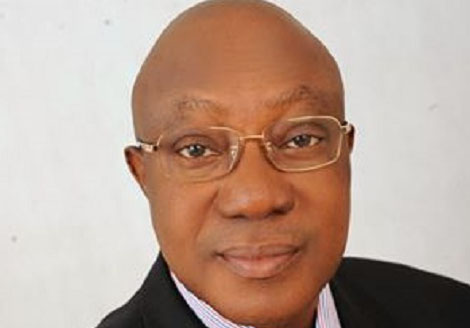
The gains come as the greenback’s interest rate-fuelled rally last week petered out, with analysts saying it would not likely push any higher, while investors keep an eye on the plan for future rises by the Federal Reserve.
After a secretive four-day meeting that ended Monday, China’s economic planners said they would combat local government debt and push on with changes in the housing sector to shore up growth.
They also said they would “allow the market to play a bigger role” and “strengthen structural reforms”, state news service Xinhua reported.
The announcement is the latest out of Beijing after it promised to free up the world’s number two economy and implement reforms of its bloated state-owned enterprises.
Currencies of nations with strong ties with China climbed against the dollar.
The Australian dollar rose 0.45 percent, Indonesia’s rupiah surged 1.17 percent, and the Thai baht was 0.1 percent higher. The South Korean won and Singapore dollar also advanced.
“Chinese stimulus is positive for the economy and many investors are gauging the general impact of any new measures as well as the longer-term impact of the Fed rate increase,” said Attila Vajda, managing director of advisory firm Project Asia Research & Consulting.
The dollar also struggled against its major rivals. It bought 121.26 yen, against 121.21 in New York and well down from more than 123 yen last week.
The yen was also supported by the Bank of Japan’s decision to tweak its stimulus on Friday, which was widely seen as insufficient to support the economy.
The euro ticked up to $1.0917 and 132.39 yen, from $1.0915 and 132.20 yen in US trade, where it had sagged on profit-taking as investors squared positions before the end of the year.
“The best is over for the US dollar for the time being,” Shane Oliver, head of investment strategy in Sydney at AMP Capital Investors, told Bloomberg Television.










